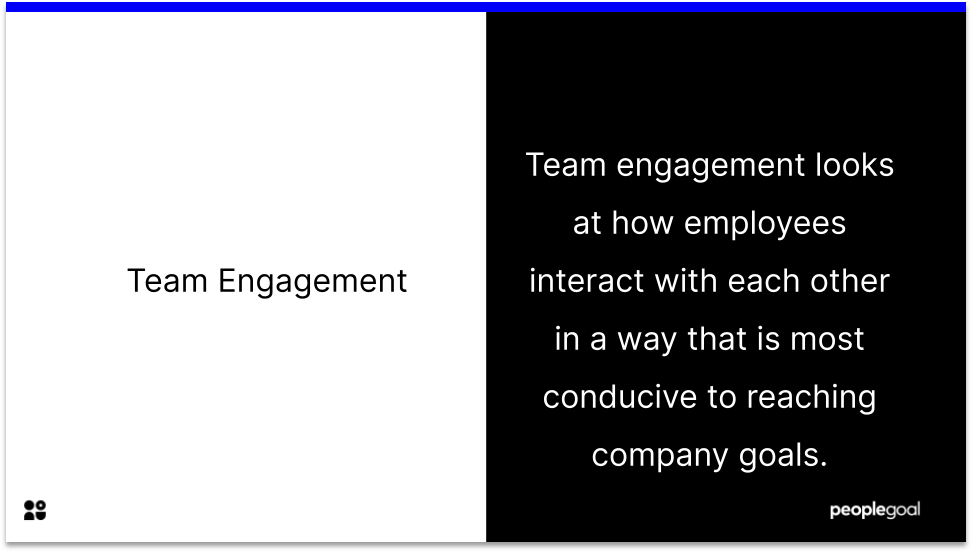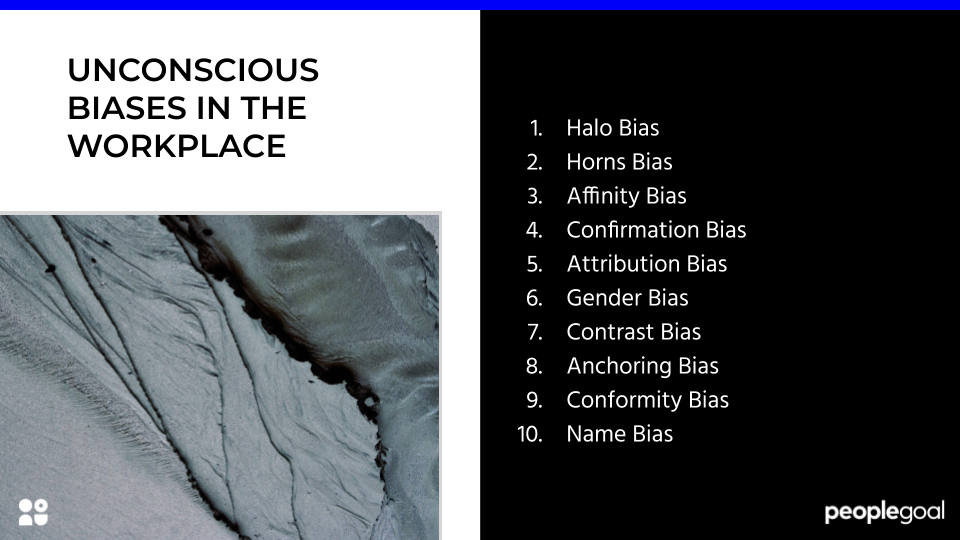What is ‘work hard, play hard’?
By electing to ‘Work Hard, Play Hard you are putting yourself through relatively unnecessary hardships. This approach to life encourages that you embrace long working hours combined with a busy social and leisure schedule. All of this action leaves individuals with minimal time for personal reflection or rest. One of the most apparent drawbacks of this is being more susceptible to burnout. No one wants to burnout – not you, not your team mates and especially not your boss. Pushing your body to its limit can be thrilling but it is equally draining. In this article, we will take a look into the arguments for and against the ‘Work Hard, Play Hard’ mantra alongside the alternative, more sustainable solution.
The ‘work hard, play hard’ mantra dates back to the work of William Newnham in 1827, albeit in a slightly more exhaustive and protracted manner:
Whatever is done, it should be habitually done with earnestness; in every pursuit, exertion should be employed; work hard and play hard; always recollecting that quiescence, the stillness of inactivity is destructive to the mental welfare, and approaches very nearly to the winter of the faculties, the torpor of a hibernating animal, the unprotected state of sleep, or the complete cessation of life.
Yes, a bit of a mouthful!
The internet is inundated with articles, blogs and reasons to follow the ‘work hard, play hard’ work ethic, with Elon Musk being one of the biggest proponents of the idea (who works 80-hour weeks).
Although dating back to the early 17th century, it is only very recently that research has provided evidence for the existence of the idea. Many previous incarnations of the ‘work hard, play hard’ mantra appear to be centred around the cliché and not based on empirical research. However, work by Lonnie Aarssen in 2015 provides empirical support for the ‘work hard, play hard’ lifestyle, wherein there is a correlation between a desire to work hard and an attraction to leisure.
The potential dangers of ‘work hard, play hard’:
Unfortunately, the paper doesn’t expose some of the dangers of the ‘work hard, play hard’ lifestyle also known as ‘performative workaholism’. So, what are some of the dangers to the lifestyle, and if so, is it as desirable for a strong company culture? Here are the most cited negative effects of performative workaholism:

1. Burnout
Burnout is a state of mental, emotional and physical exhaustion caused by excessive or prolonged stress. Burnout works bi-directionally with work. The ‘work hard, play hard’ lifestyle can cause burnout, but burnout also has a negative effect on your work (which may in turn lead to the mindset that you need to continuously work to get back up to speed).
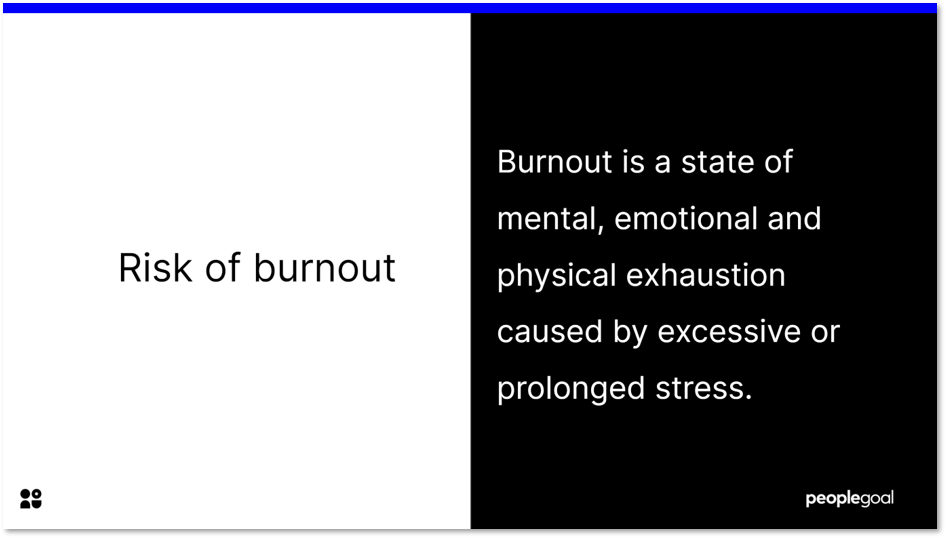
2. Risky levels of drinking
Research published in the British Medical Journal found that people who work more than 48 hours a week were more likely to drink at dangerous levels compared to those who work fewer hours. Interestingly, this result is consistent across the socioeconomic spectrum, meaning that dangerous levels of drinking remain across job type (bus driver vs corporate banker).
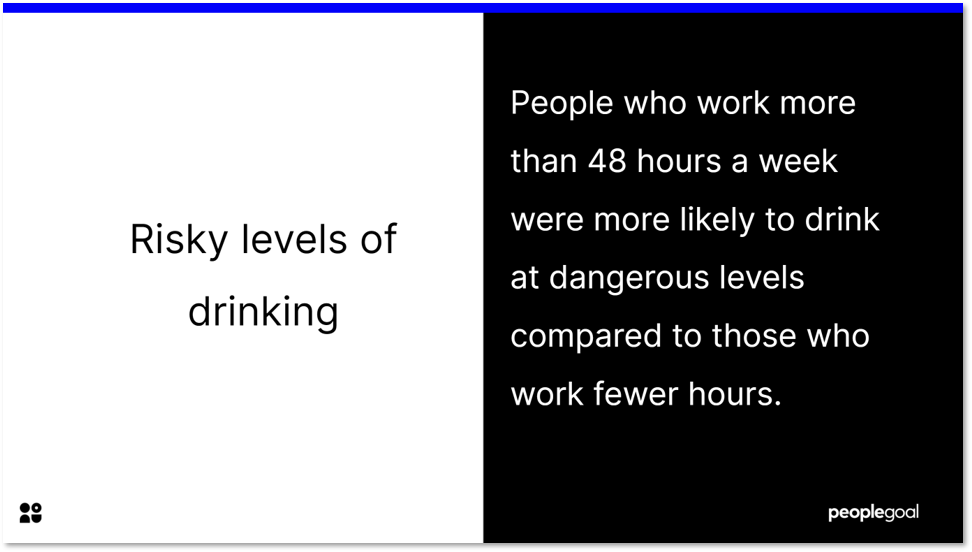
3. Sleep Deprivation
A fairly obvious consequence of the lifestyle. Individuals leave themselves with very little time for rest. The magnitude of sleep deprivation builds up over time and has consequential effects on a range of systems in the body. It can prevent the strengthening of the immune system, increase the likelihood of respiratory problems, body weight, blood pressure and hormone production as well as negavively affect one’s mental health.
The lifestyle can, and has worked for a number of people, but there are clear dangers associated with it. If not well structured, a ‘work hard, play hard’ lifestyle has the potential to lead to a range of self-destructive not so desired outcomes. With this in mind, is it time for a rethink on the mantra? Why don’t we consider ‘Work Smarter, Play Better’?
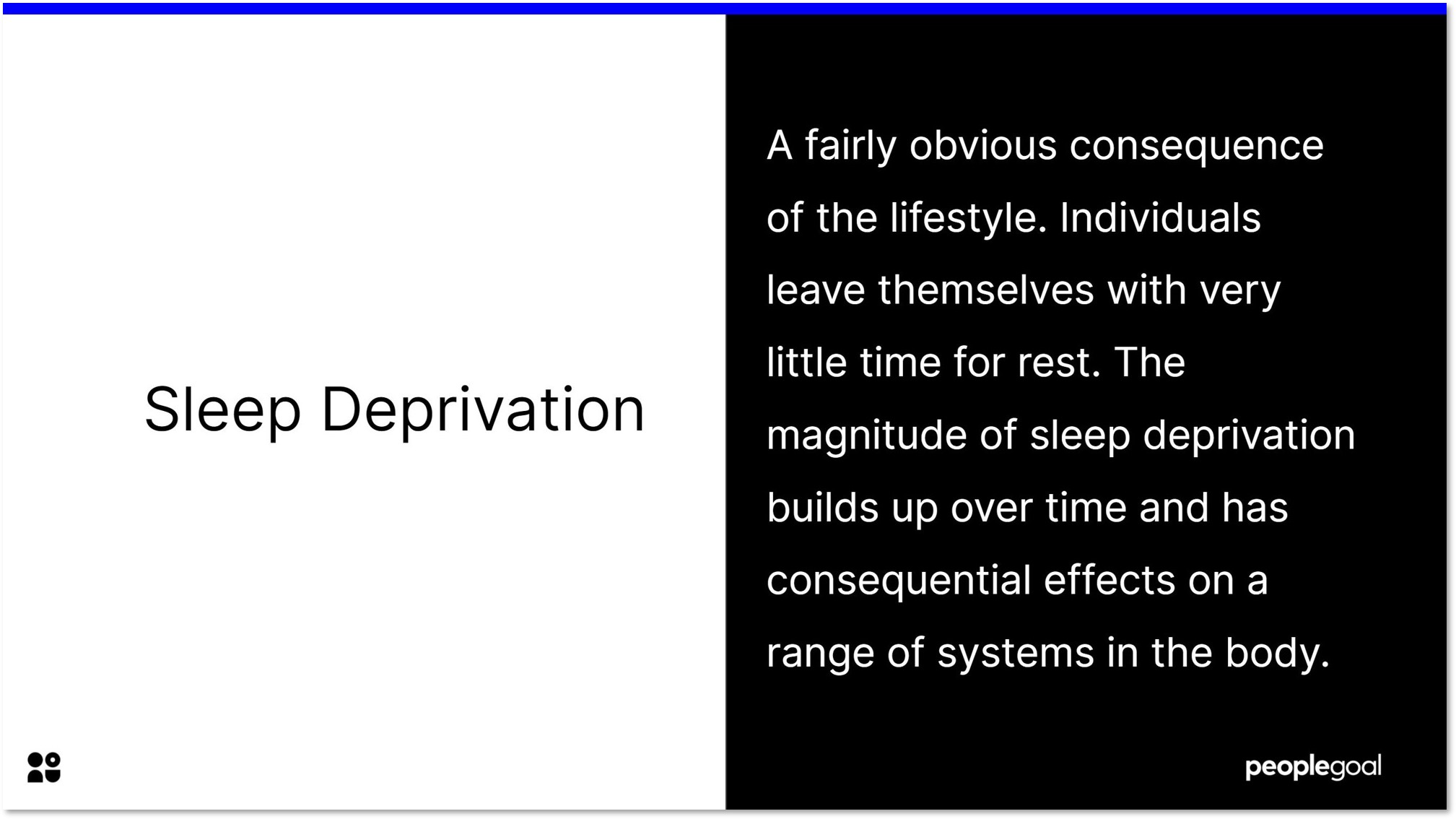
Work Smarter
This means not compromising on levels of productivity and efficiency of processes but working at levels which reduce the likelihood of burnout. This has potential. Unofficial overtime is, and has been, on the rise for a number of years in many countries. In the US it is estimated that around 550 million workdays are lost each year due to work-related stress and burnout. However, with a well-thought out, structured and employee focused approach to a culture of ‘working smarter’, rather than working harder, there is potential to reduce this. Take Scandinavia for example, where employees work 312 hours less per year, than their American counterparts, but there is a culture of trust between employees and employers that productivity levels and quality of work will remain high. Another growing trend across many countries and industries is working 4 days a week instead of 5 while maintaining the same productivity and enhancing performance.
Now, we are not suggesting that we can directly mirror the Scandinavian approach unilaterally. But it does provide valuable insight into how companies and employees alike can – ‘work smarter’.
WFH or WHPHFH (Work Hard, Play Hard From Home)?
How does the ‘Work Hard, Play Hard’ logic work in a post-Covid world? After-work drinks exist in a nostalgic past. And as travel restrictions close in, a change of scene or exploring a new city is unlikely to provide the cure.
Furthermore, remote-work can be more stressful than office work. According to entrepreneur.com, 70% of employees said the pandemic was the most stressful event of their career. While working in your PJs might be a dream scenario for some – for others the barriers between work and home life have utterly collapsed.
Work-life balance will naturally go awry sometimes – and that’s completely normal. Fresh experiences are still important however – they help with self-reflection, balance and creativity. While happy-hour and weekend trips might be off the table, a sense of novelty is not impossible. Julia Cameron, author of The Artist’s Way recommends a weekly ‘artist’s date’. This is just an ‘expedition’ to take alone- away from work emails and family members.
With social distancing, perhaps this is going on a walk into a different neighborhood, or getting a takeaway coffee at your favorite cafe. Whatever it is, allow yourself the time to think your own thoughts and switch off from work.
Set clear boundaries
Without the clear divide of a daily commute, it’s easy for the boundaries between work and home life to become blurred. Those with a strong work ethic may find this particularly difficult – as you fall into the trap of thinking you always need to be working.
You may not miss busy subway rides, but studies show they have hidden benefits. If just 10% more people took public transport in the UK, an Imperial College London study found, 1.2 million more people would fulfil the recommended amount of daily physical activity. It’s no secret that physical health and mental health are interlinked. A commute was a time to reflect on the working day.
So how to reap these benefits without a commute? Take a short walk before and after work. Having a regular breath of fresh air and exercise will help you set healthy boundaries. Often our most creative ideas arise when we stop working, through activities like walking or exercising.
Know when to switch off
While online-work means constant connectivity – it doesn’t have to! Stick to your usual working hours whenever possible. Checking emails while off the clock prevents you from being truly present for loved ones. Not to mention the lack of you-time! Ultimately constant connectivity will leave you burnt out. Turn off those notifications so that you return to work in the morning refreshed and inspired.
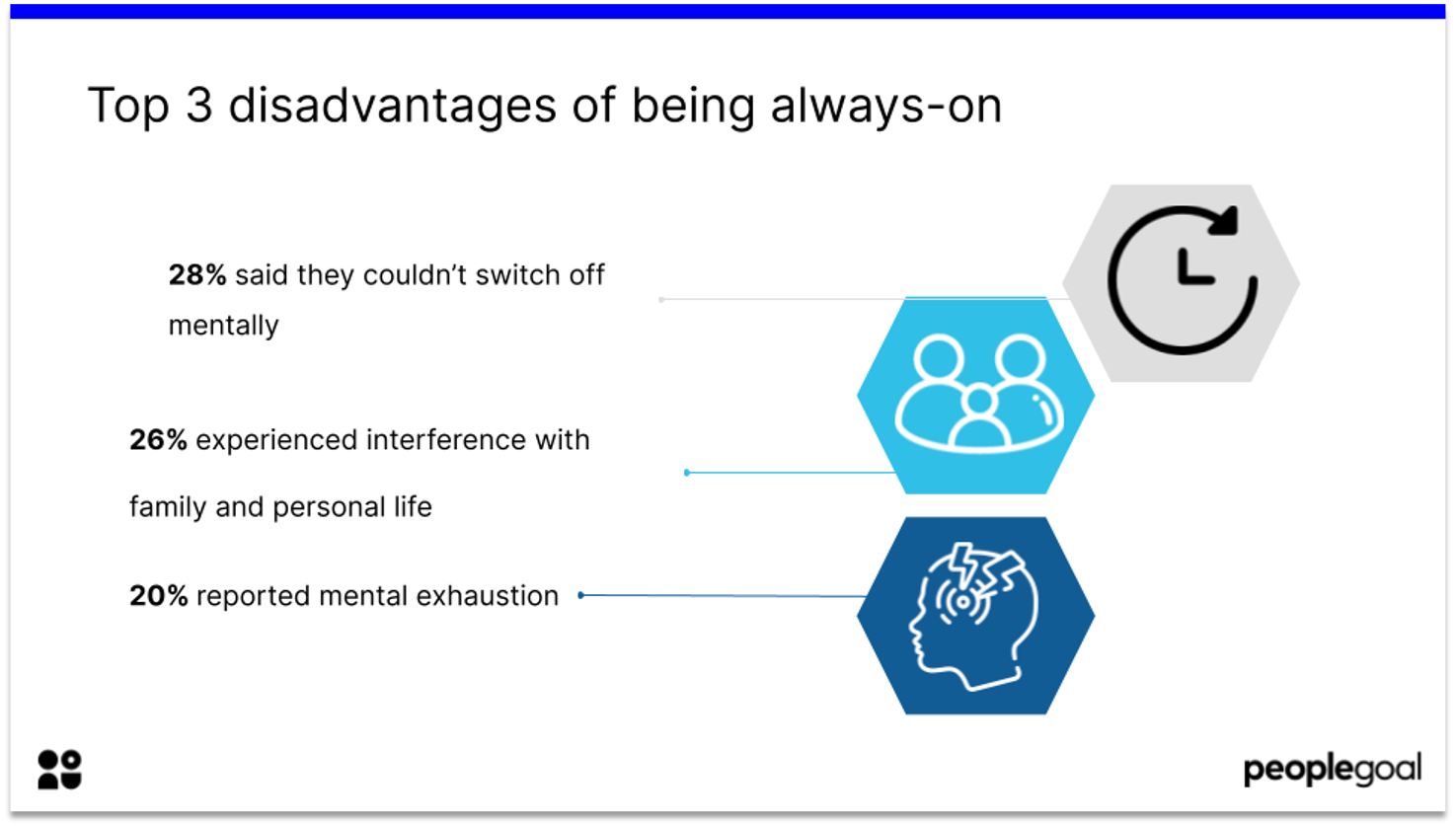
Find ways to connect with others
Social connection is fundamental to who we are as human beings. According to Susan Pinker, face-to-face interaction is like a ‘vaccine’. The oxytocin released helps us to regulate stress responses well into the future. So it’s natural to experience more stress as we socially-distance from friends, family and co-workers.
The digital world can ease this. While it’s not quite the same, scheduling a regular Zoom call with a group of friends can leave you feeling reassured. Being in a bubble with partners, children and family members can be a blessing – but it’s also normal to feel claustrophobic! Interacting with those of a similar age about shared experiences and finding some humor in the situation can help. Laughter can be the best medicine.
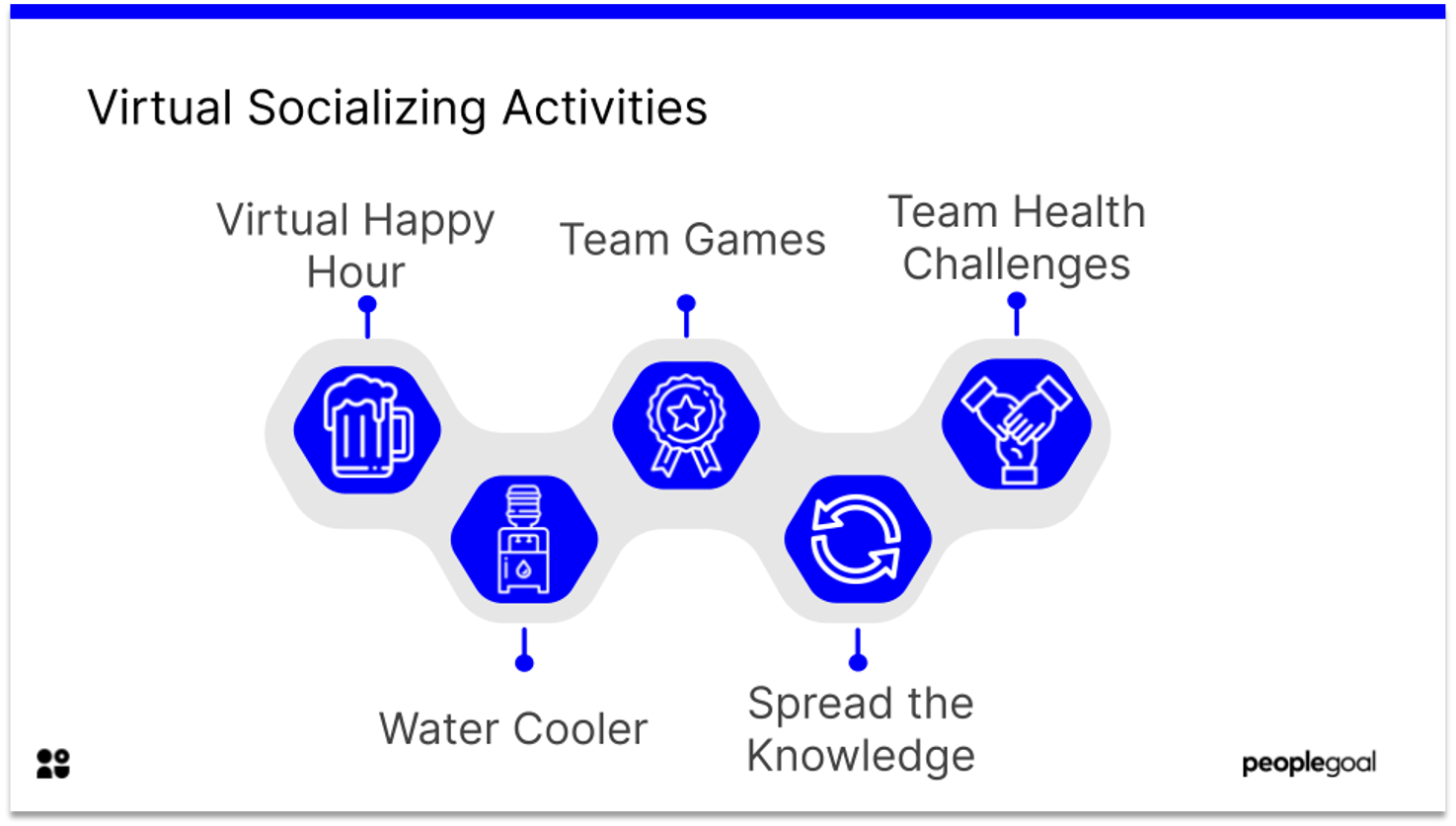
Working and Resting from Home
Long working hours are often the secret of the greats. Justice Ruth Bader Ginsberg famously got by on a few hours’ sleep each night. But for most of us, a more sustainable working day helps establish much needed balance during remote work.
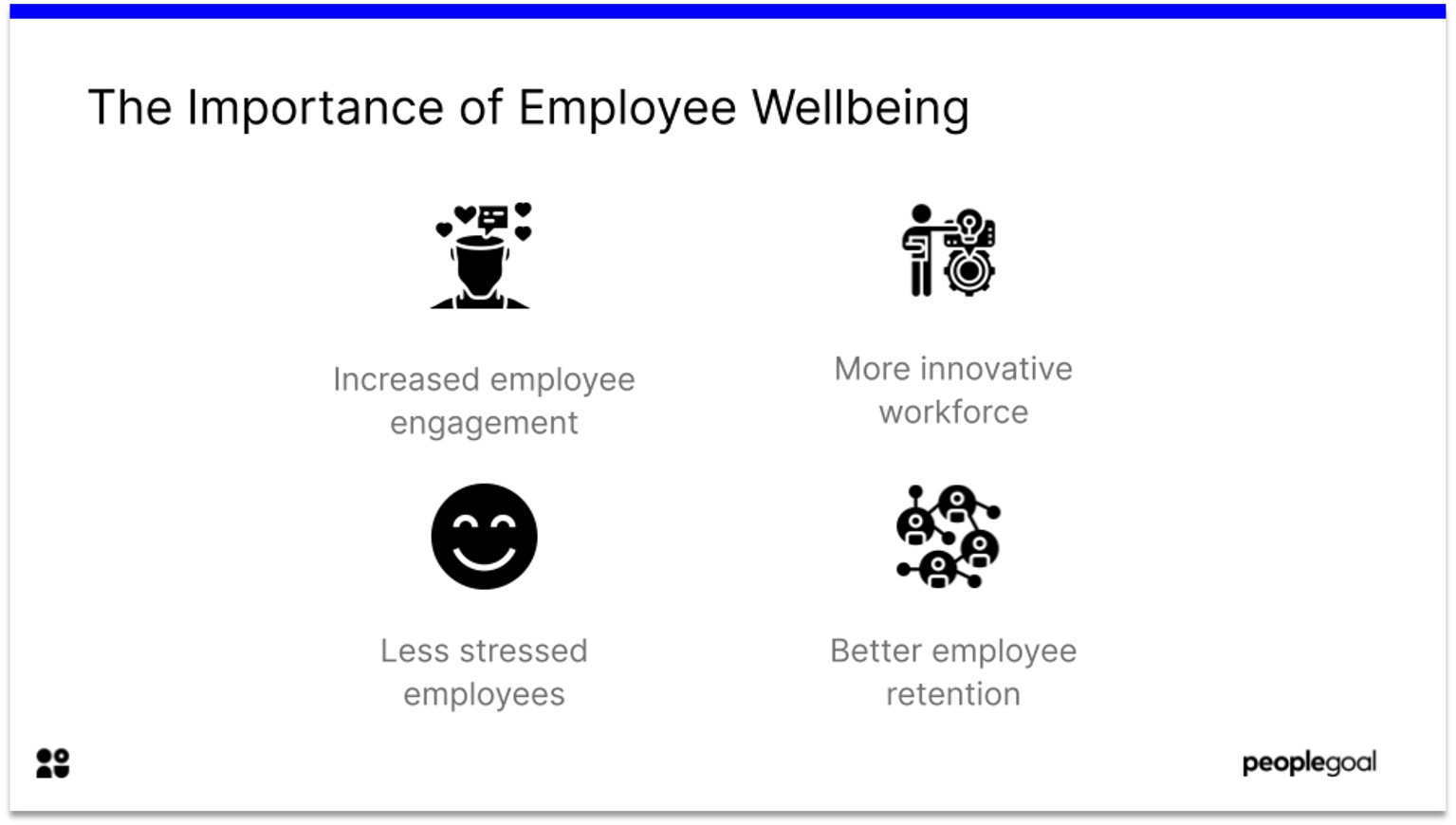
What next for ‘Work Smarter’?
Managers and senior leaders may wish to try and build a culture which does not instil the ideals of ‘work hard, play hard’. As boundaries become more blurred, clocking-out way past regular hours isn’t always a virtue. Continuous overtime is indicative of an unhealthy company culture. Creating a culture in which employees have an open dialogue with colleagues and managers about their stress and how they can reduce these stressors can only be a good thing for an organization.
In a virtual workplace, this should be a priority. Without compromising on productivity and quality, employees avoid burnout and are likely to become more engaged.
What about ‘Play Better’?
The ‘work hard, play hard’ mantra is commonly associated with a lifestyle of alcohol misuse, appearing constantly in literature looking at university students, all the way through to professionals. There is a plethora of articles, blogs and research denoting how to live better, and you as the reader should be freely available to choose what you do to ‘play better’, perhaps looking beyond the past times associated with ‘play harder’. For remote workers, lean on friends (virtually!) and hobbies to unwind and create space from work-life.
Ready to 3x Your Teams' Performance?
Use the best performance management software to align goals, track progress, and boost employee engagement.




